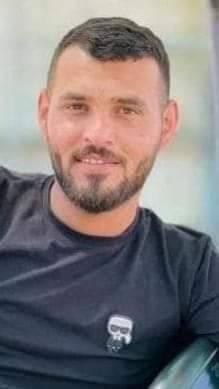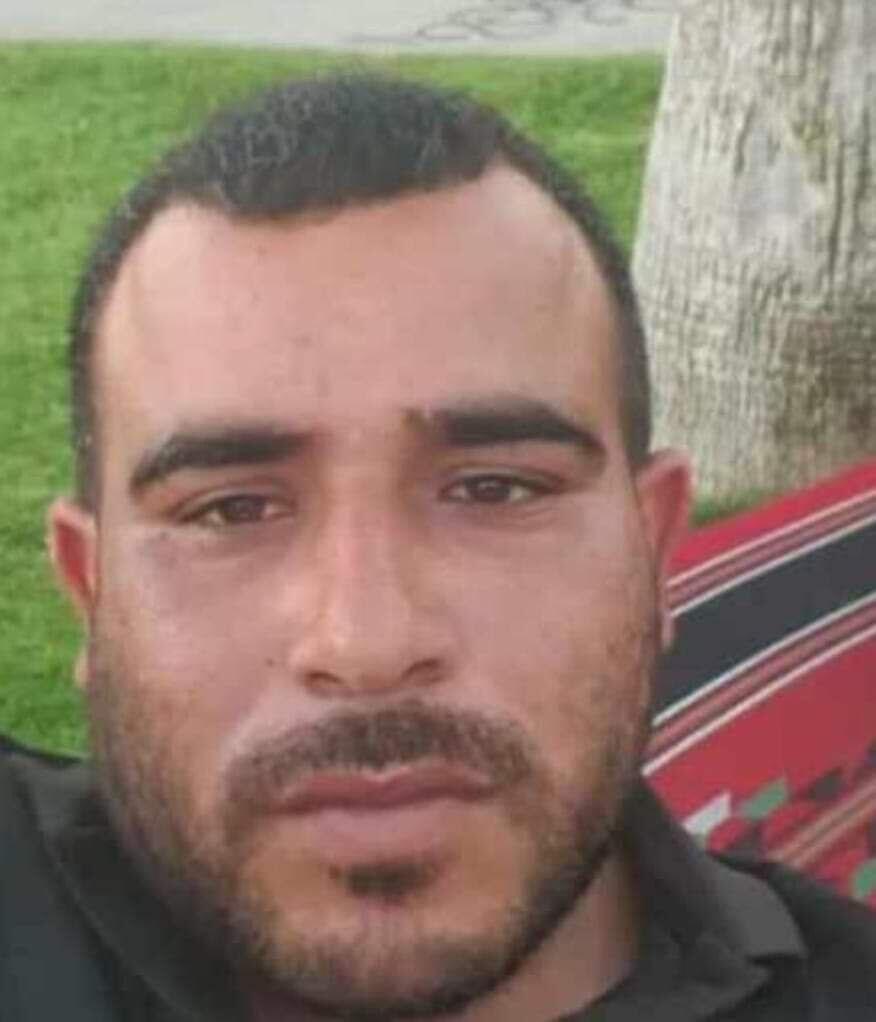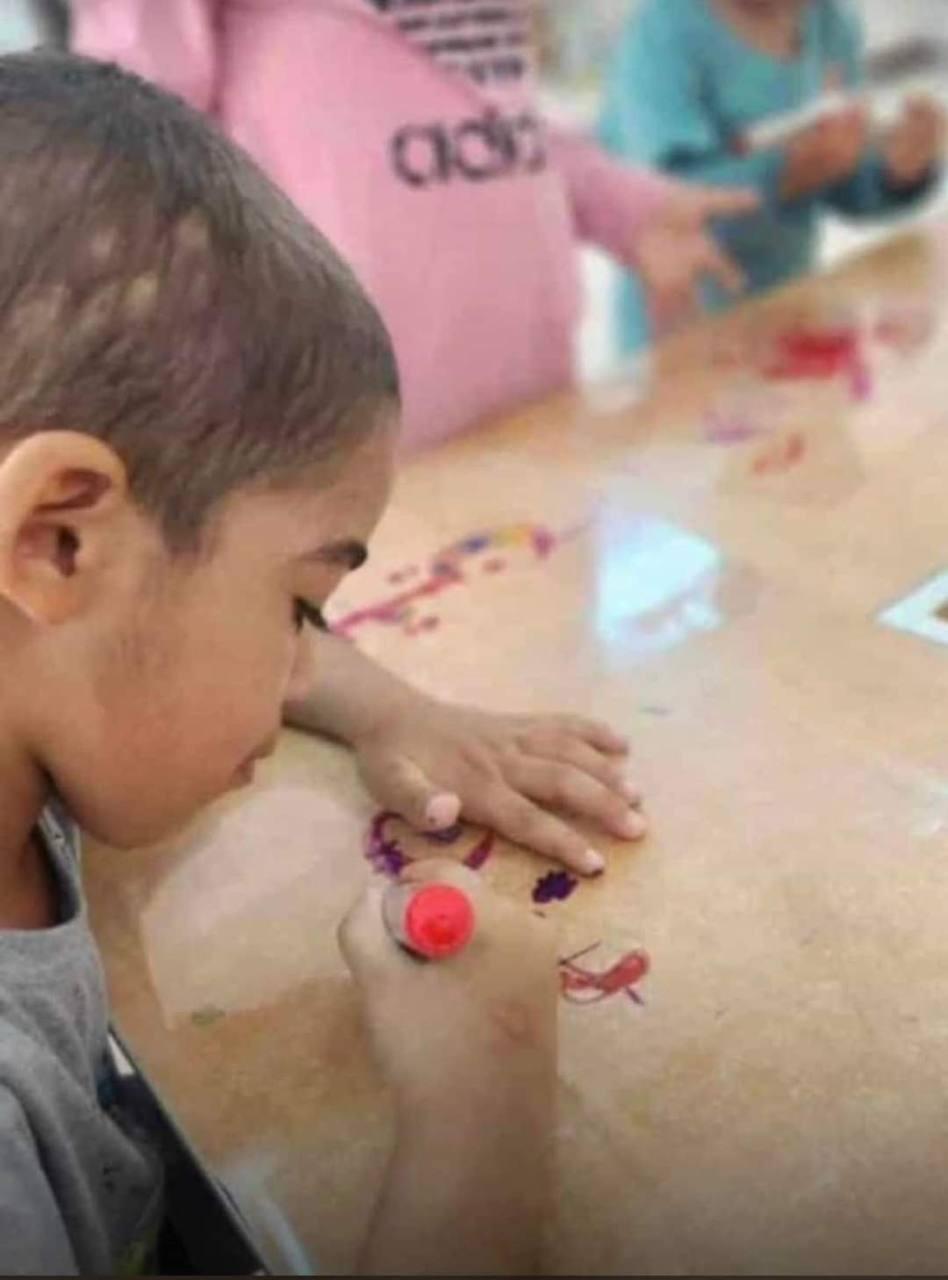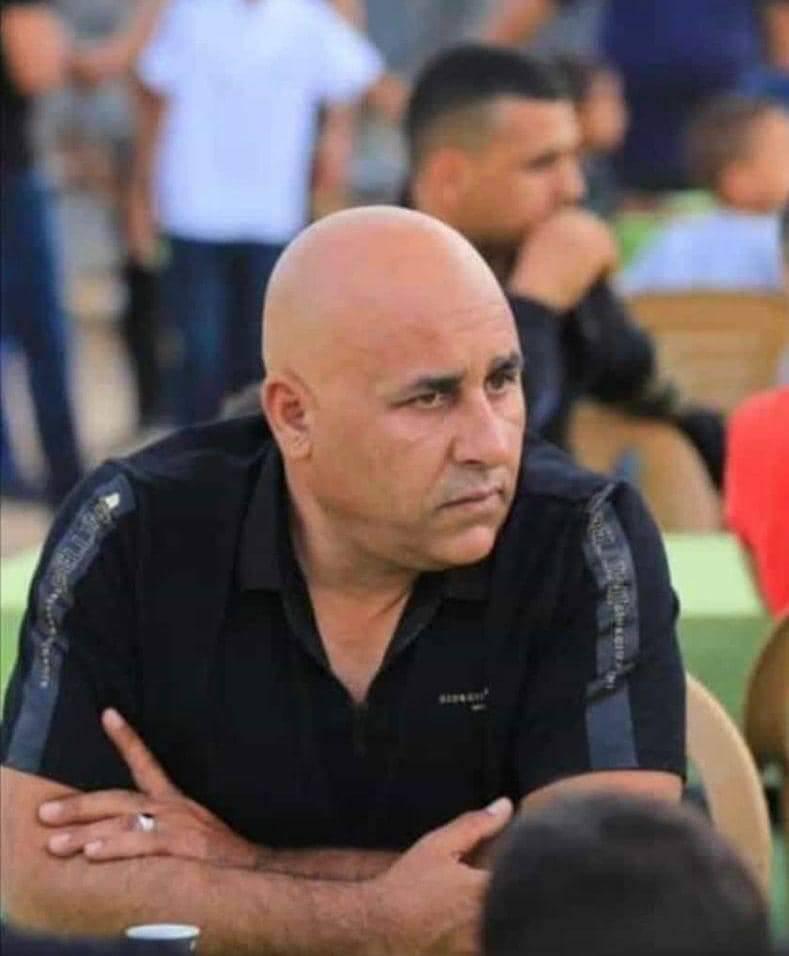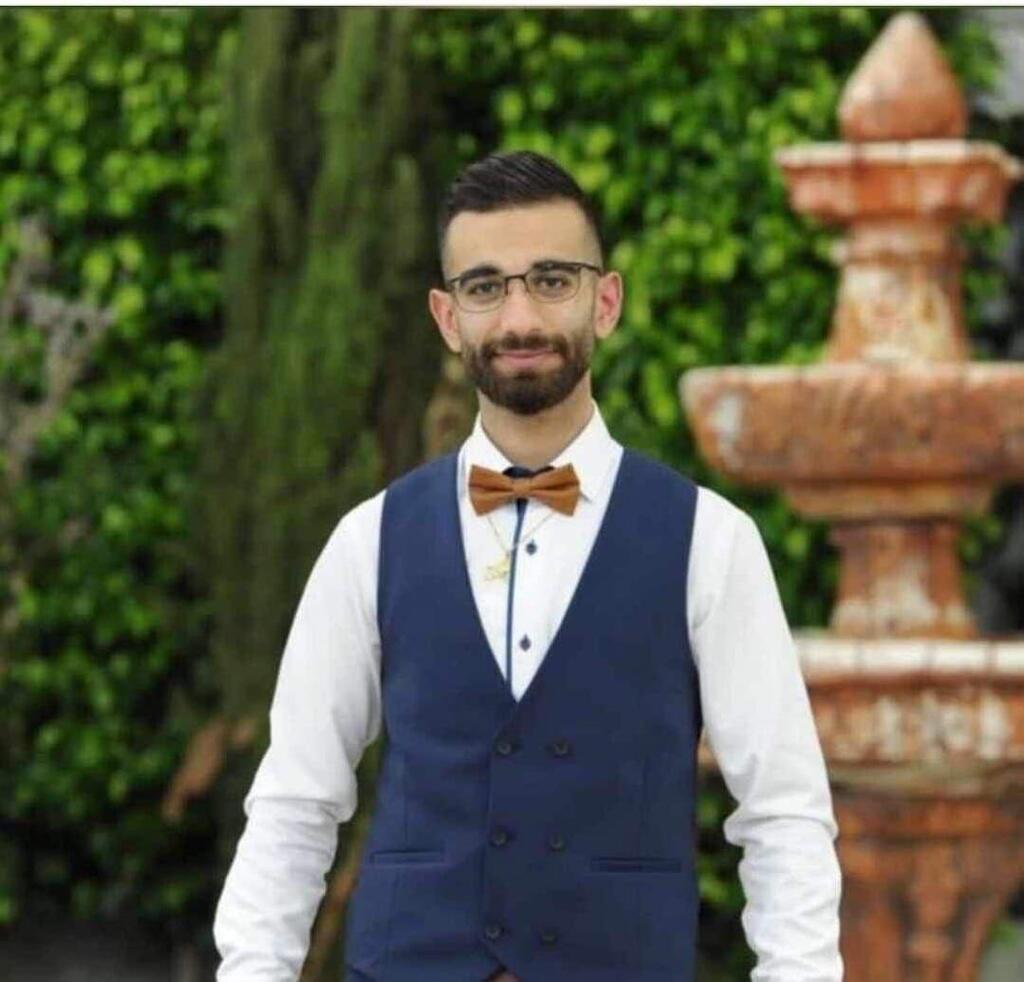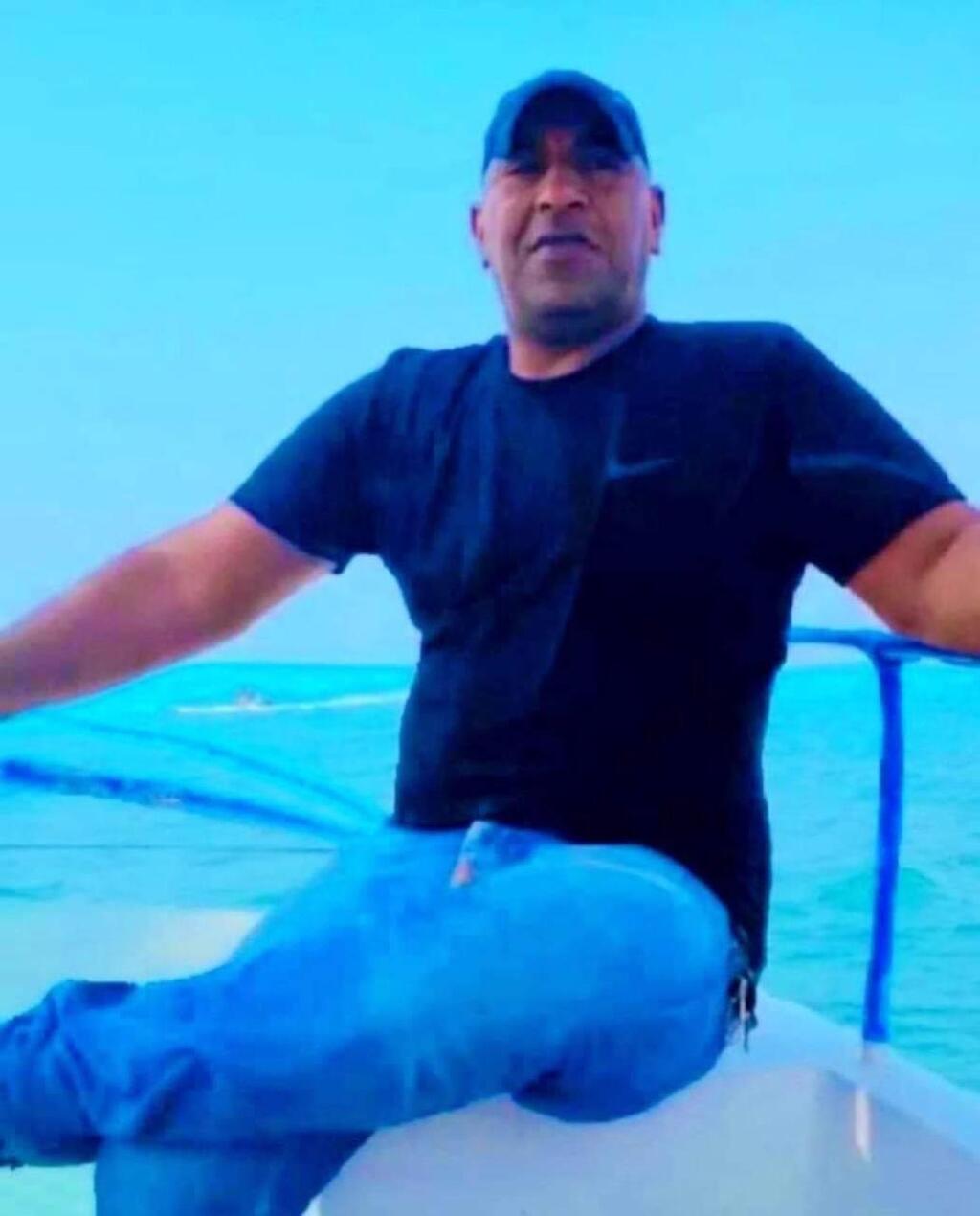Getting your Trinity Audio player ready...
Nineteen of the victims in Hama’s murderous attack against Israel and subsequent rocket barrages fired from the Gaza Strip are members of the Bedouin community and various villages in southern Israel.
More stories:
The heavy loss experienced by these communities, including six children, four of whom were members of the same family, comes following requests by these communities to better defend their villages, many of which don't have rocket alarm systems as many are unrecognized by the Israeli government.
One of the victims was Abed Alrahman Ataf Alzeadna, 26, from Rahat, who was killed by Hamas terrorists on Zikim Beach. Four of his relatives who were with him are still missing, along with another seven Bedouin Israeli civilians.
"Abed was a wonderful person, and was going to get married in a year and a half," said Amir Alzeadna, a close relative. "On the day of the attack, when we found out he was in the area and lost contact with him, we searched for him tirelessly until we were told he was murdered."
Two other victims from Rahat were cousins Daliah and Osama Abu Medijem, both 27, who were murdered by terrorists while working in southern Israeli communities close to the Gaza Border.
Fatma Altlkat, 33, from Ar’ara, was also killed while working with her husband near Ofakim. She was a mother of nine children, the eldest being nine years old and the youngest six months old.
Her cousin, Riyadh, recounted Fatma and her husband were traveling to work with their infant daughter when the attack began, and shortly after their arrival, they encountered Hamas terrorists who opened fire at them. Fatma was killed on the spot. The child was unharmed and was returned to her family in Ar’ara. Riyadh said Fatma's body was only recovered three days later.
"She was an amazing woman and an amazing mother," Riyadh said. "Everyone here is in shock, and we can't stop crying. At first, when we couldn't find her body, we hoped she might just be injured. Unfortunately, she was killed, and her children were left without a mother. She sacrificed her life for them.”
Many of the unrecognized Bedouin villages in the Negev lack rocket alarm systems, as well as bomb shelters and safe rooms like other southern towns and cities.
Faiza's grandchildren keep asking for her
Faiza Abu Sabaakh, 57, and her granddaughter May Zuheir Abu Sabaakh, 13, from Alba’at in the al-Kasom Regional Council were killed when a rocket hit their home in southern Israel. Ali Abu Sabaakh, a close relative, said the Israeli government has been ignoring their communities.
"We lost our grandmother and granddaughter, and it's tragic," he said. "We live in houses made of sheet metal, and the state doesn’t allow us to build regular homes like in Jewish and Arab towns. If our roofs were made of concrete, maybe we wouldn't have lost them. Our roofs are constructed in such a way that, in a time of war, we’re in tremendous danger. We don't have sirens to alert us to take cover and protect ourselves.”
Zakaria Abu Jama from Ar’ara, believes his son Yazan, 5, would still be alive if his community had access to rocket sirens and protected spaces. Yazan was killed after a rocket fell near his home on the morning of October 7. "I’m broken and can’t talk about this right now," he says.
Yazan was Zakaria's only son, and now cares for his three daughters aged six, three and one. When the rocket exploded, it shattered the house's windows, and his infant daughter was also injured. "Dozens of glass shards fell on her bed while she was in it. Fortunately, she wasn't killed."
The Alkra’an family from southern Israel lost five sons who were killed by rocket fire - Talib Alkra’an, 22, and his four cousins - brothers Malek, 14, Jawad, 15, and Ibrahim Alkra’an, and cousins Amin Akal Alkra’an, 16, and Mahmoud Diab Alkra’an, 12.
A close relative explained that Malek and Jawad were born after a long period in which their parents longed for children, and the family is struggling to cope with the loss. "We live in shacks in difficult conditions, without any shelter," he said.
"If we think of building shelters in our houses, the authorities will stop us, claiming doing so is illegal. The state doesn’t mind us, we have no way to protect ourselves when rockets or earthquakes hit the area. There are no rocket sirens here, but no official cares about us."
Abed al-Rahman Alnasasrah, 50, was killed by Hamas terrorists when he attempted to rescue people from a music festival near Kibbutz Re'im. He was married and a father of six children. "On Saturday, we weren’t sure what happened to him, we thought he’d been abducted," his relatives recounted.
"It was only after a few days that we learned he was killed. Abed was a wonderful person who always thought of others and wanted to help. Whenever someone needed something, he would drop everything and come help. His children keep asking when their father will come back."
Awad aided the wounded in the field
Awad Musa Darawshe, a resident of Iksal in his 20s, worked as an ambulance driver during the terrorist attack near Kibbutz Re'im. When the offensive began, he aided the wounded. His family didn’t know his fate for six days.
"From the moment we learned about the attack, we never stopped searching for him," they said. "We posted his name and picture on social media and waited for a call to let us know he was alive. On Thursday, soldiers from the IDF Home Front Command came and told us he was killed. We screamed, we cried. This isn’t what we wanted to hear."
Musa wanted to save his nephew
Hareb Abu Sabila, a resident of Abu Talul, was in Kibbutz Urim with his children when the murderous Hamas attack began. "I was with my children in the pasture, and at around 6:30 in the morning, rocket sirens began. I remembered that my friend, Musa Abu Sabila, works in the area, and I called him to warn him, but he was in the area where terrorists arrived and opened fire. He told me he had to get to Kibbutz Re'im because his nephew was there.”
"I tried to warn him not to go, but I couldn't persuade him," Hareb recounted. "After some time, he called and told me he was shot, his shoulder was wounded, and was near Kibbutz Magen. I tried to call someone and get him help, but he was killed, unfortunately.”
Hareb said that Musa had served in the military at the time of his death and worked in security near Netivot. He was married and a father of eight children. "Hamas doesn't care who they kill - they don't differentiate between Arabs and Jews. What they did is a crime."


